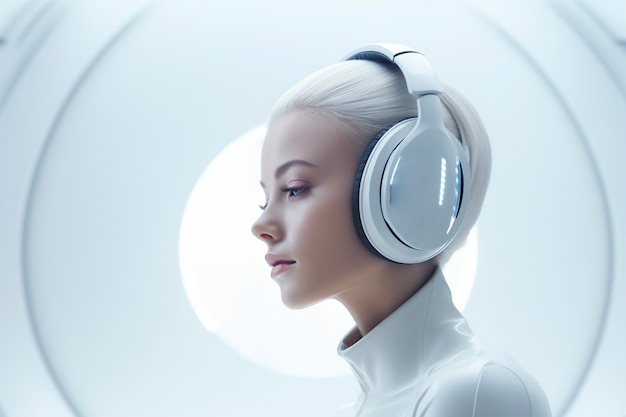
Subscribe to our daily and weekly newsletters for the latest updates and exclusive content on leading AI developments.
Google DeepMind has just introduced its latest and most advanced music AI system called Lyria. This new model is capable of generating high-quality vocals, lyrics, and musical backing tracks that can emulate the style of well-known artists.
Alongside Lyria, DeepMind also announced new music creation experiments on YouTube Shorts. One experiment, “Dream Track,” allows creators to generate 30-second songs featuring voices of artists like Alec Benjamin, Charlie Puth, Charli XCX, Demi Lovato, John Legend, Sia, T-Pain, Troye Sivan, and Papoose.
DeepMind believes these initiatives will spark creativity and help artists connect more deeply with their fans. Jim Fan, a research scientist at NVIDIA AI, highlighted the impressive ability to convert simple humming into full instrumental arrangements, suggesting that Lyria will enable various creative features such as text-based editing, style transfer, and track completion.
Lyria, along with other AI music tools, has the potential to revolutionize the music industry. By equipping musicians with these advanced creation tools, Google aims to democratize music production, making it accessible for both seasoned and emerging artists.
Partnering with YouTube could transform how music is streamed and enjoyed, creating a more engaging experience between artists and fans. This shift might also open up new business opportunities and revenue streams, changing traditional music distribution models.
Google’s move emphasizes its leadership in applying AI to creative fields, showing how technology can enhance creative processes beyond conventional boundaries.
DeepMind is also prioritizing the responsible use of AI technologies. They are employing SynthID to watermark and identify AI-generated content, ensuring that any work produced by Lyria can be traced back to its AI origins.
The company has stated its commitment to collaborating with artists, the music industry, and the broader creative community to establish standards for the responsible use of music generation tools.
In today’s climate of ongoing discussions about AI ethics and transparency, Google’s initiative to watermark AI-generated music is a significant step towards responsible AI use, setting a high standard for the industry.
So far, Google has shared limited information regarding partnerships with artists. Currently, Lyria’s capabilities do not yet rival human creative originality, but its swift development underscores the ethical and legal questions that need addressing as AI generation advances.